A responsible value chain
Soy is an important ingredient for Hamlet Protein and for our customers. We offer our customers a choice to buy responsibly sourced feed, which does not contribute to deforestation or habitat conversion. We do this through a cooperation with our selected suppliers, industrywide organizations, Danish Agriculture & Food Council, Round Table on Responsible Soy (RTRS), and The European Feed Manufacturers’ Federation (FEFAC).
In addition, we offer Feed Responsibility Management System, GMP+ MI5.6 Production and Trade of Responsible Feed with RTRS credits.
Responsible soy from approved suppliers
All our soybean meal used to produce our specialty soy ingredients for young animal feed is sourced from approved suppliers in Europe, North and South America.
Hamlet Protein has been added to the positive list at DANISH PRODUKTSTANDARD. DANISH PRODUCT STANDARD is the quality program of Danish pig producers. The positive list is an overview of approved suppliers of soy that live up to the requirements for responsible soy.
Based on a mass balance principle, 100% of Hamlet Protein’s purchased soy to Danish farmers can be characterized as responsible according to the FEFAC guidelines in 2025.
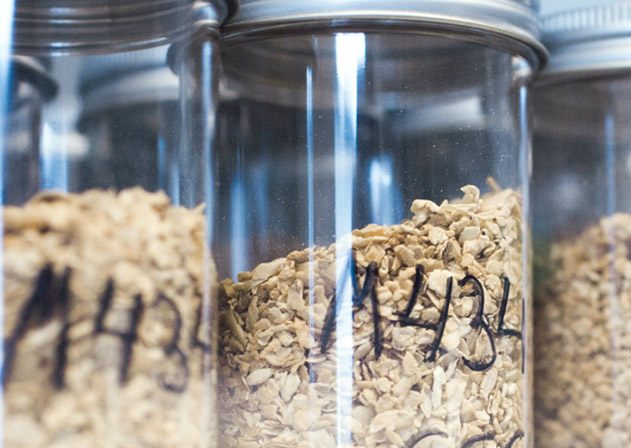
EUDR
The European Union Deforestation Regulation (EUDR) will come into effect December 30, 2025. This new EU regulation aims at reducing global deforestation of rainforests and involves 100% traceability of all imported goods into the EU via geolocations to prove they are deforestation-free.
The EUDR targets seven commodities considered by the EU to be important in relation to the region's consumption volumes and deforestation risk: timber, rubber, palm oil, coffee, cocoa, cattle and soy.
Hamlet Protein supports the effort to stop global deforestation of rainforests. Therefore, we will continue working with our suppliers to ensure more sustainable supply chains in South America. We will also maintain our efforts to prepare our company for compliance with the EUDR regulation in collaboration with our suppliers, both domestically and internationally.
Hamlet Protein is part of the Danish scheme for responsible soy and works closely with suppliers and industry organizations in the pursuit of creating greater sustainability in our global supply chains.
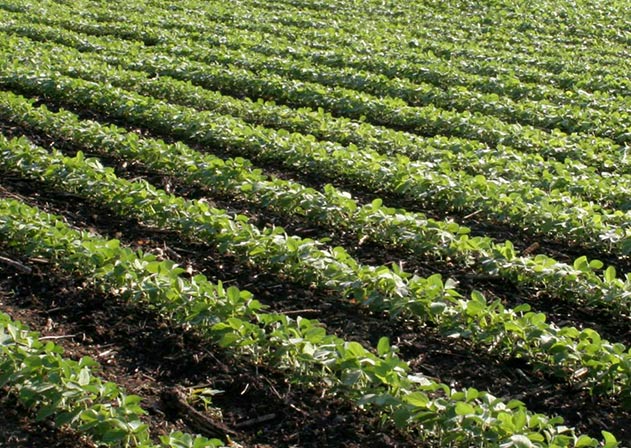
Certified soy
We have implemented a Feed Responsibility Management System, GMP+ MI5.6 Production and Trade of Responsible Feed. Certification was achieved on July 24, 2024.
With this certification, we give our customers a choice to buy soy that meets rigorous standards in environmental protection, ethical labor conditions, community responsibility, good agricultural practice, and legal compliance. Our soy production adheres to a deforestation cut-off date of 2008, ensuring no deforestation since.
In 2024, Hamlet Protein purchased RTRS credits, allowing us to operate under the mass balance principle.
This means that while customers may not receive the exact responsible soy, we maintain accounting records to ensure that we do not sell more responsibly sourced soy than we have purchased. Certification documentation is provided in offers, contracts, and on invoices.
The certified feed also meets QS-soyPlus standards for responsible sourcing.
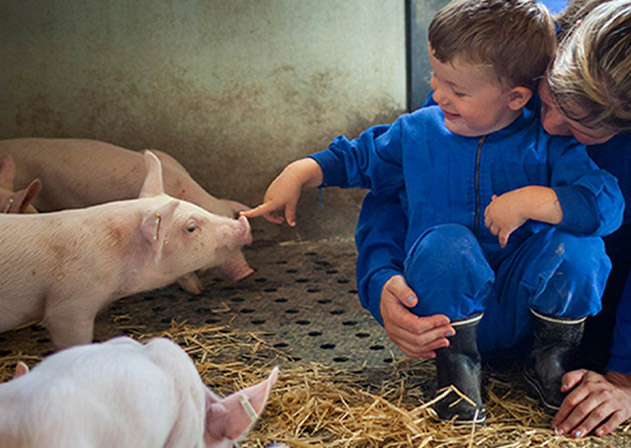
Packaging
We offer three packaging solutions, all optimized in terms of feed safety and environmental footprint.
- Bulk is the most environmentally friendly way of transporting our products
- Big bags are made of polypropylene (PP) which is recyclable, neutral to the groundwater when deposited in landfill and burns without generating toxic gases
- Paper bags are made of several layers of paper and a single polyethylene (PE) layer to secure high feed safety. All our bags carry a recycling label
- We transport our paper bags on disposable pallets to optimize feed safety. Suppliers of pallets to our Danish plant only use FSC, PEFC-certified wood. At our US plant, pallets are sourced locally in Ohio
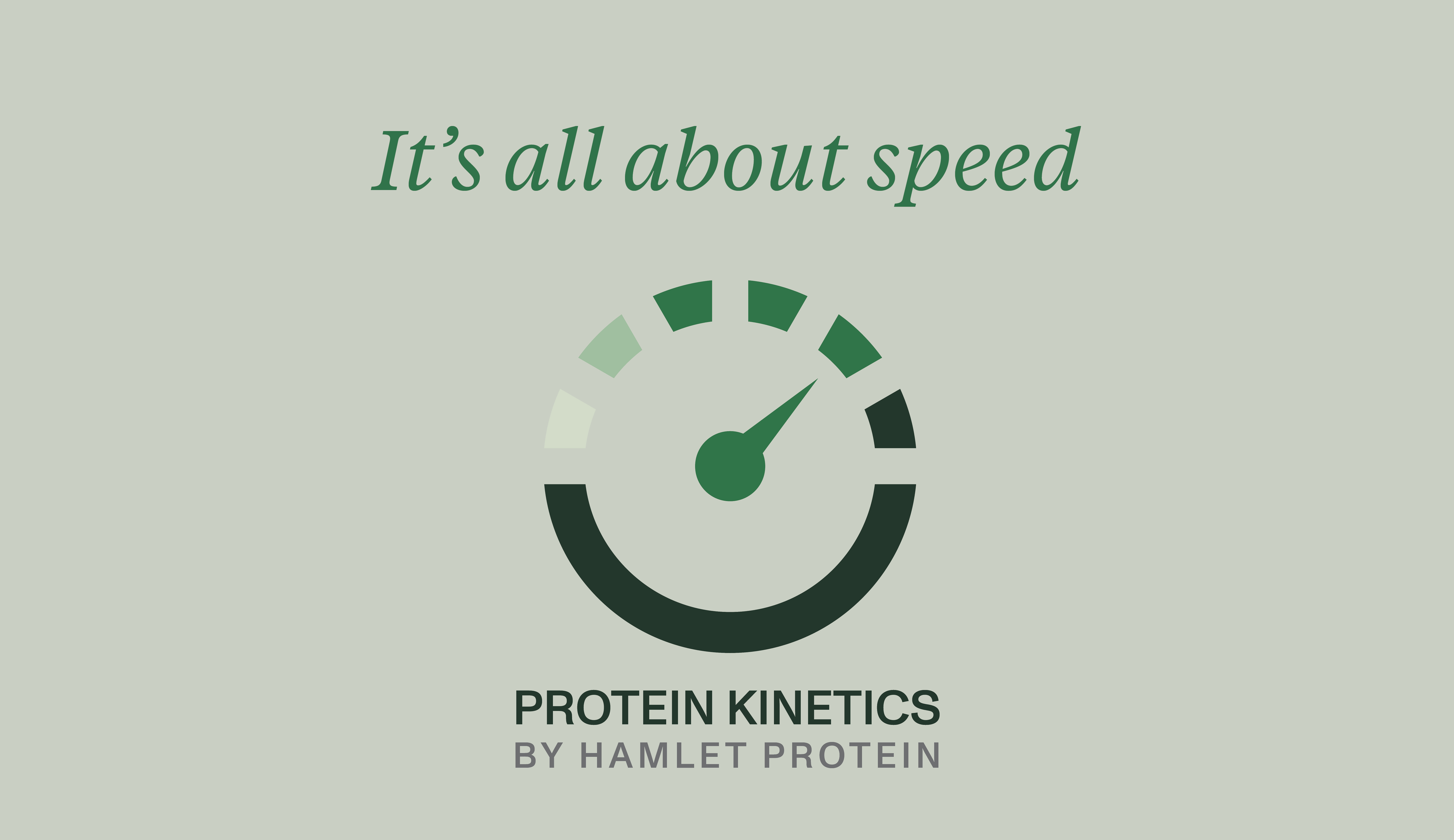
Protein Kinetics
Our unique production process not only effectively reduces ANFs but also improves the digestion speed (protein kinetics) of our products. Research shows that high protein kinetics, i.e. fast protein, lead to enhanced protein utilization in the animals, which reduces nitrogen excretion into the environment.
Read more about the environmental benefits of protein kinetics here.
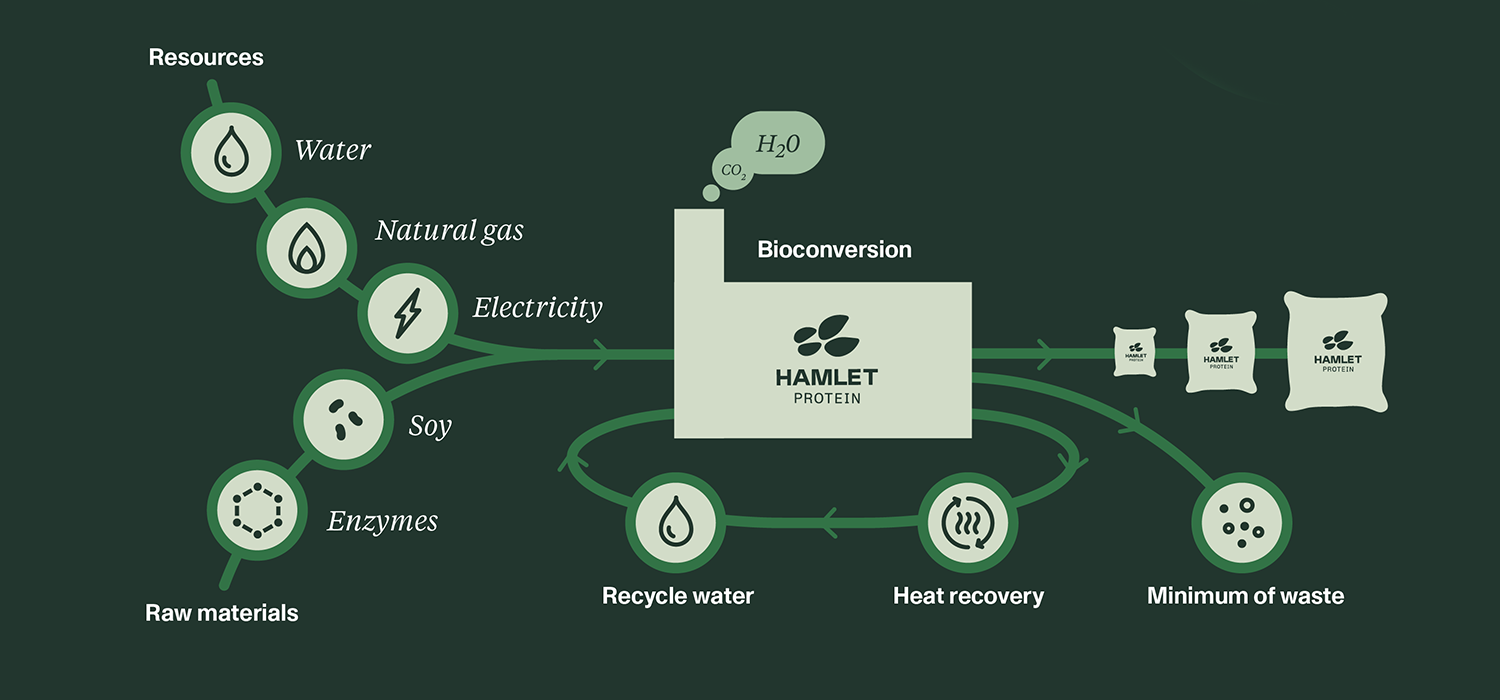
Minimum water and energy consumption
Our founder developed our patented bioconversion process more than 30 years ago. It’s still the backbone of our business – producing easily digestible, highly palatable soy proteins for animal feed. Since the beginning, we’ve focused on:
- Minimum water and energy consumption
- Minimum carbon emissions and maximum utilization of raw materials
- Today excess heat from our production is redistributed as heating for more than 3,200 households
Collective responsibility
There is an increasing awareness on the need to protect our natural environment. That is our collective responsibility.
At the same time a growing world population puts pressure on our resources. As most of us do not want to compromise our way life, we need to think of innovative ways to protect our environment for future generations.
That is exactly what Hamlet Protein is doing in our renewable energy project. Through a unique cooperation with the district heating company we redirect excess heat from our production process to heat 3,200 local households.

